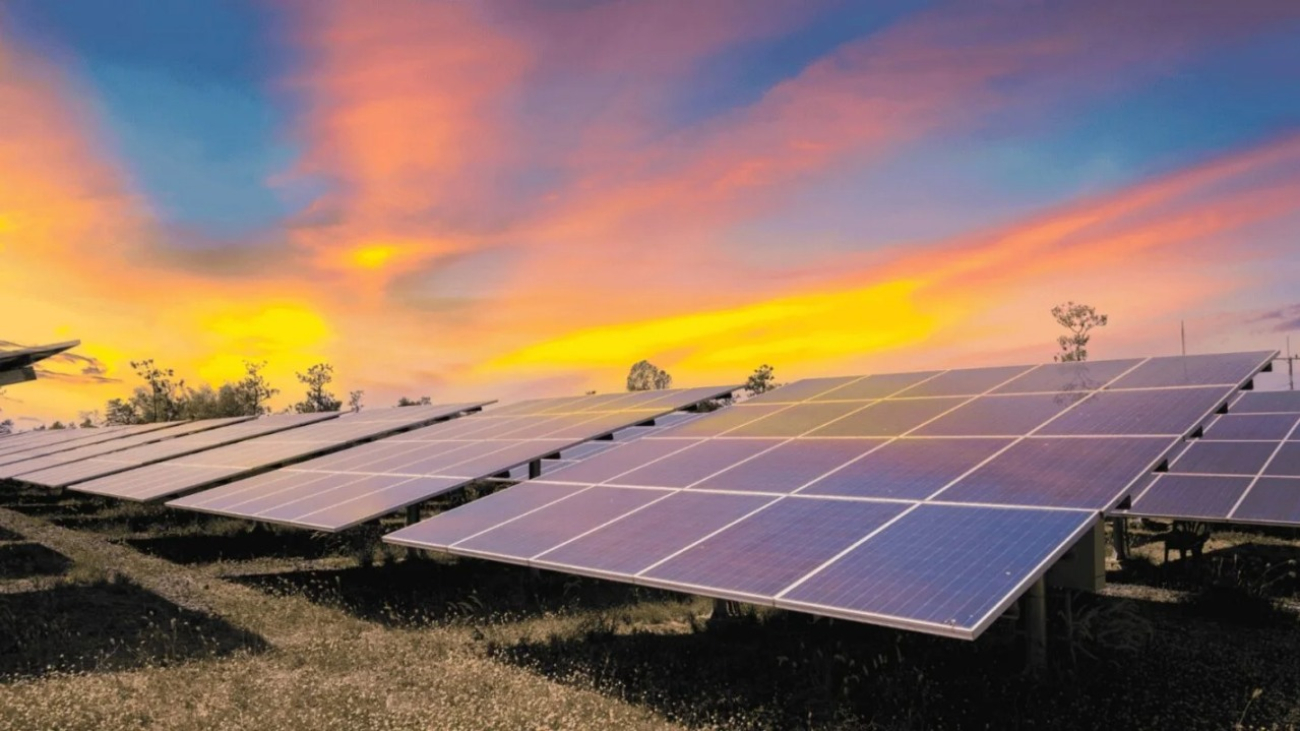The high rising demand for energy and inadequate power supply has crippled economic activities in Nigeria, hence Civil Society Organisations (CSOs) on Friday, canvassed for subsidisation of renewable energy as a better alternative to fossil fuel.
The Executive Secretary of Lift Humanity Foundation, Pius Oko, during an assessment of renewable energy governance in Abuja, said as Nigeria plans an energy transition, the Federal Government should focus its resources on subsidising renewable energy rather than fossil fuels.
He argued that apart from the environmental pollution caused by fossil fuel, a significant proportion of society has been underserved with energy, thus he called on the government to provide policies that would ensure universal access to “affordable, reliable, sustainable, and modern energy.”
He said: “Energy from fossil fuel is not sustainable and the carbon emission from this form of energy is detrimental to our health this is a major reason for us to shift focus. Renewable energy is more sustainable and can be accessed by all Nigerians if the right policy is put in place.
“Currently, Nigeria is in energy poverty, because almost 65 percent of the Nigerian population has little or no access to energy. We need something more sustainable, affordable and accessible that’s why we are calling on the government to promote a collective implementation system for renewable energy so that those in the grassroots and rural communities will have access to power and energy.”
Recall that Nigeria launched its Energy Transition Plan in August 2022 to demonstrate its commitment to achieving carbon neutrality, ending energy poverty, and driving economic growth.
Read also: Cost of solar energy technology is declining, says PPC
While speaking on Nigeria’s Energy Transmission Plan, Executive Director, Environmental Right Action, Godwin Ojo reiterated the need for a decentralised energy policy that would permit private and community end users to become co-producers of power.
Ojo lamented that though renewable energy is capital intensive, Nigeria shouldn’t be left as a dumping ground for foreign products.
“What we are asking is that government provides the policy arena and resources that would help us produce our local technologies.
“We are urging the government to divert its investment from oil and gas which produces dirty energy to renewable energy development. In renewable energy development, the government should focus more on local enterprises and communities so that they can deliver this energy in mini-grids and off-grid systems,” he added.
A lecturer with Alex-Ekwueme Federal University Ebonyi State, Robert Onyeneke, said
although Nigeria was making progress in renewable energy, more funding is needed to reduce cost and promote wide usage.
He urged the government to maximise the solar, wind and hydropower for clean energy stating that the sector will create more employment opportunities, help alleviate poverty and promote a clean environment.



